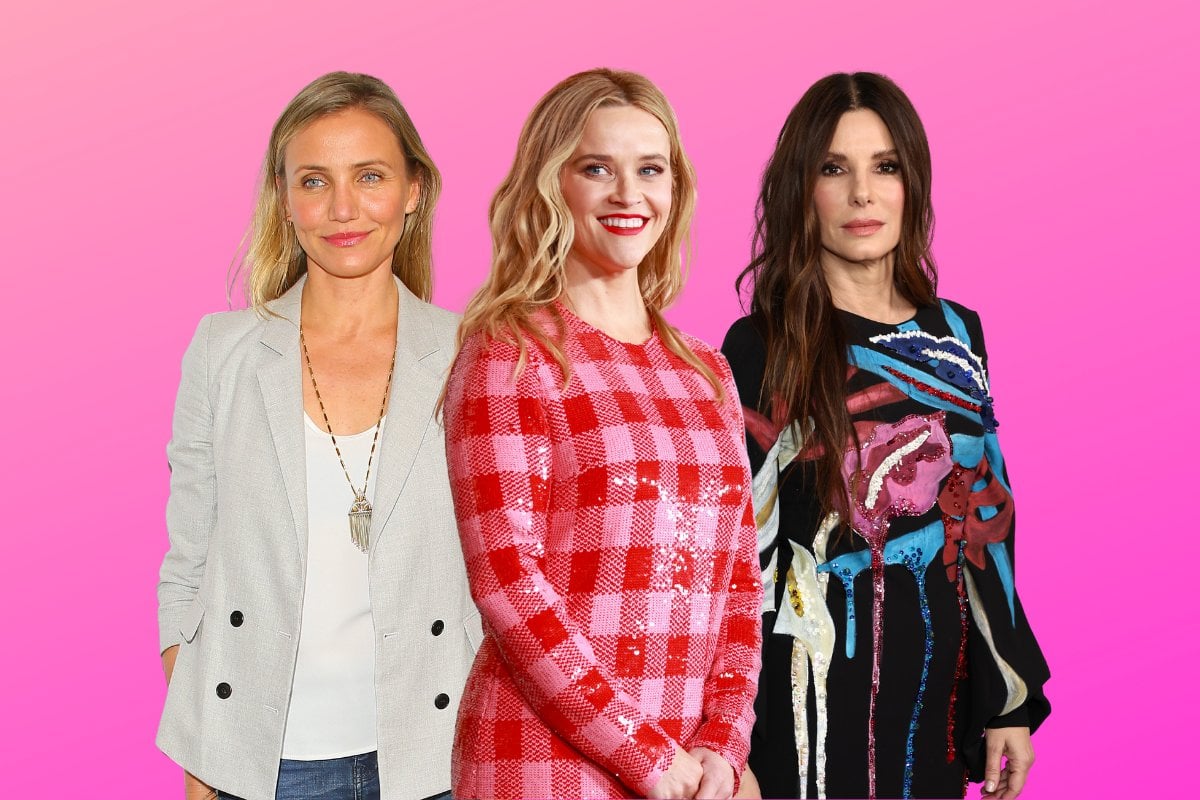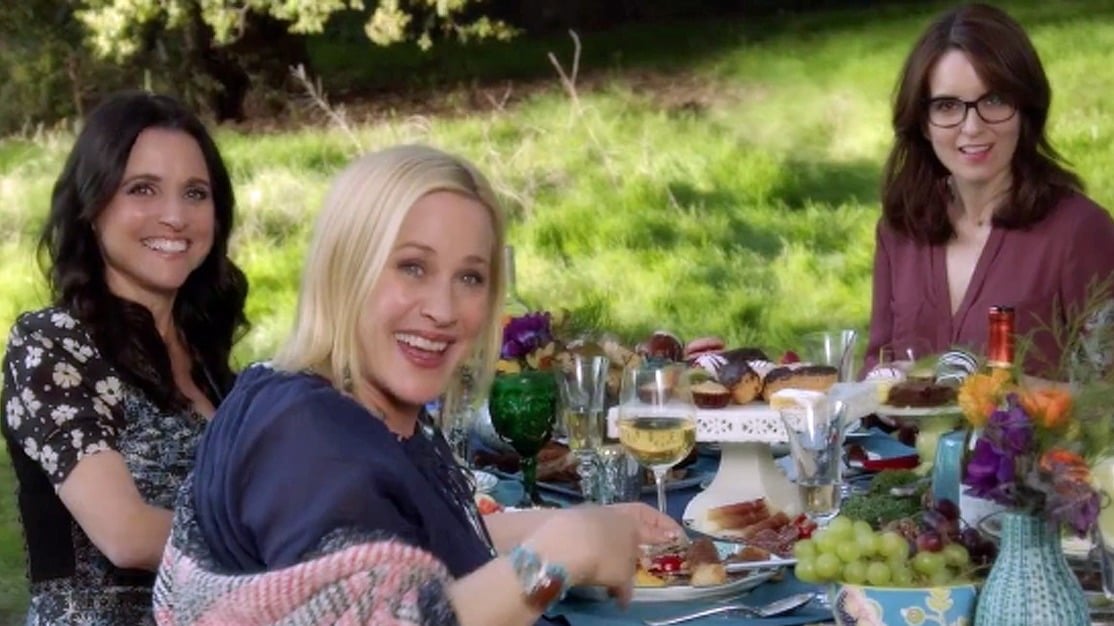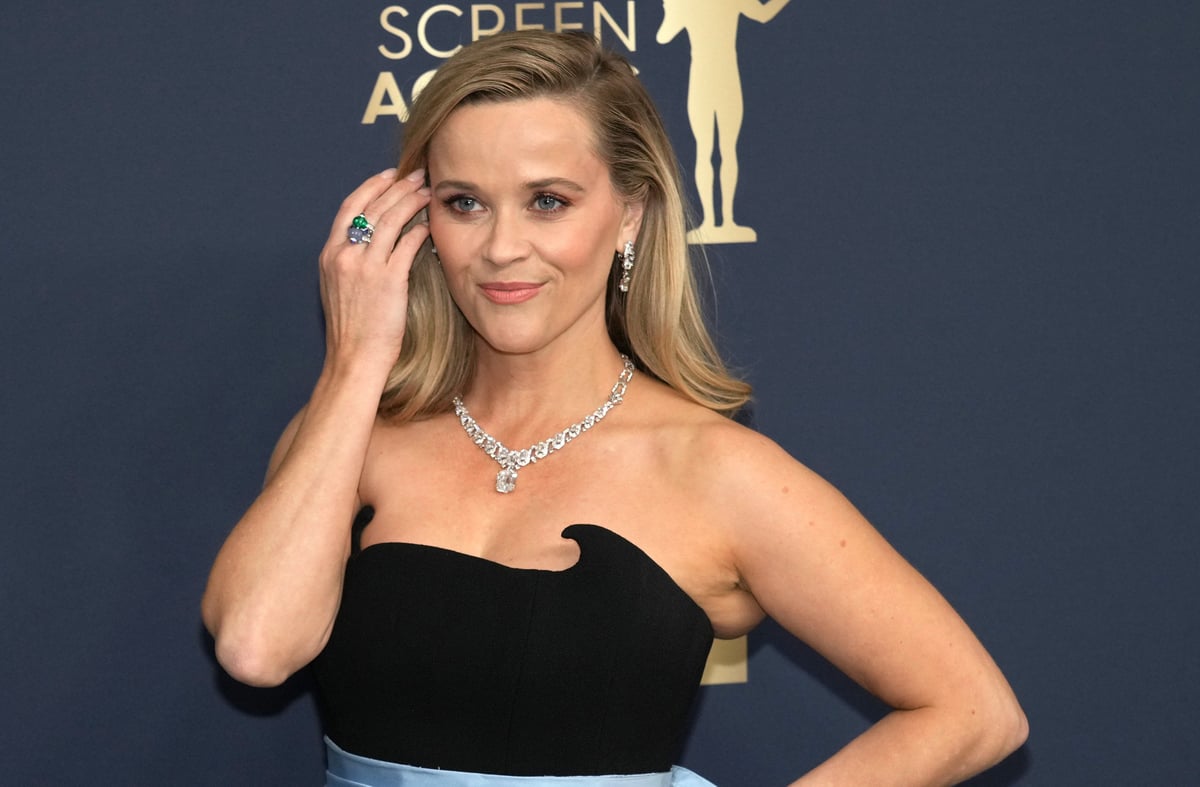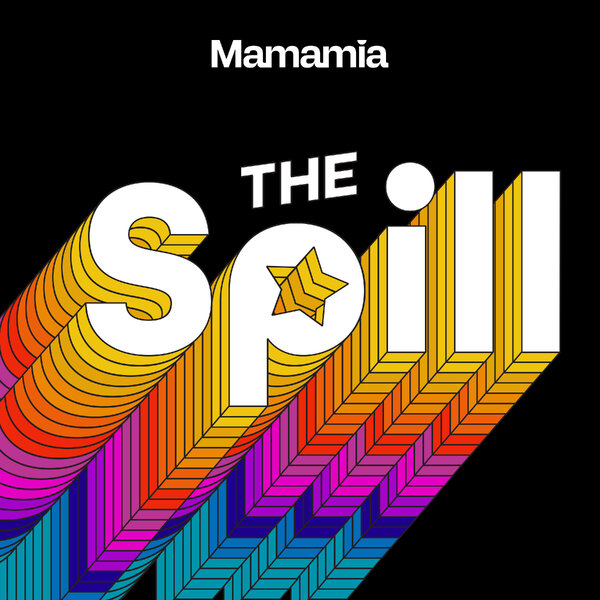
Amy Schumer is walking through a park when she stumbles across Julia Louis-Dreyfus, Tina Fey and Patricia Arquette having a picnic.
The comedian is instantly star-struck. She can't comprehend why three of the most successful women in Hollywood are having a picnic together in the middle of the day.
She asks them what they're doing and they tell her they're celebrating Julia's 'Last F*ckable Day'.
"What is that?" Amy asks.
Julia replies: "In every actresses' life, the media decides when you finally reach the point where you're not believably f*ckable anymore."
They go on to explain that nobody directly tells you this, but there are signs.
"You know how Sally Field was Tom Hanks' love interest in Punchline and then like twenty minutes later she was his mum in Forrest Gump?" Tina says, as the others nod along.
 Image: Inside Amy Schumer.
Image: Inside Amy Schumer.
This skit from Inside Amy Schumer immediately went viral when it was released in 2016.
It struck a chord with women in the entertainment industry, who had been quietly navigating their diminishing career opportunities for years. In this five-minute skit, Schumer, Louis-Dreyfus, Fey, and Arquette put into words something that had never been openly acknowledged before.
The clip also sparked something in women outside of Hollywood who had felt like they had been walking around with an invisible expiry sticker on their foreheads for years.
Since the beginning of the film industry, the 'Hollywood Gap' has existed. Almost every actress who has risen to fame over the past century has followed the same trajectory.
They were usually cast young. Either as a child star in a cutesy family movie. Think Drew Barrymore. Or as a typecast character in a teen movie or TV show. Alicia Silverstone, Rachel McAdams, Blake Lively, Katie Holmes. The list goes on.
In their twenties, they were often cast as the lead role in a rom-com. Or the final girl in a horror flick. Or, if they were really lucky, as the wife of a tragic rocker in a biopic.
Actresses who were able to break into the industry and remain competitive usually had a pretty booked schedule throughout their 20s and into their 30s.
But there came a point, usually towards the end of their 30s, where they experienced their 'Last F*ckable Day', and slipped into that grey area between being the latest Jennifer Lawrence and the next Meryl Streep.
Almost overnight, like Sally Field, they would go from being the leading lady or romantic interest to the mother of a character played by an actor who was the same age as them. And in some cases, their grandmother.
And while women could only be considered 'f*ckable' up to a certain age, men continued to be cast in lead roles and as love interests well into their 50s and 60s. Daniel Craig has only just hung up his 007 boots at 54. And Hugh Grant was playing the loveable roguish leading man well into his 40s.
Since Schumer's clip went viral in 2016, we've slowly witnessed more and more famous women speaking openly about their experience in the industry and rewriting their own narratives.
At the peak of her career, Cameron Diaz had one of the most recognisable faces in the world.
After her breakout role as Jim Carrey's love interest in The Mask, Diaz became one of the most bankable rom-com leads in the industry, starring in films such as There's Something About Mary, My Best Friend's Wedding, The Sweetest Thing and The Holiday.
For a moment in time, her face garnered millions of dollars at the box office.
But by 2009, when she was 36, she was playing Abigail Breslin's mum in My Sister's Keeper.
Soon the headlines were no longer focusing on Diaz's burgeoning career. Instead, they were about her changing face and what she'd allegedly done to it.
In 2015, Diaz took a notable step back from the film industry. After marrying Benji Madden, she made the choice to concentrate on her family and to learn how to enjoy her life out of the intense glare of the Hollywood spotlight.
Earlier this month, the now 49-year-old spoke to Michelle Visage on her BBC podcast Rule Breakers, about her decision to walk away from potential $100 million contracts. The former actress told the RuPaul's Drag Race judge the industry felt like a "trap".
“I know. I feel for people like it’s such a trap," she said. “Again, I just go back to the trap of it all, especially in our society, like what we value, what we think is important… look if it’s important to you, that’s fine.”
“I am absolutely a victim to all of the societal objectifications and exploitations that women are subjected to. I have bought into all of them myself at certain times."
Diaz told Visage that since stepping back she's been able to completely change her attitude towards her own appearance and the value that's placed on it.
"It’s hard not to, it’s hard not to look at yourself and judge yourself against other markers of beauty, and I think that’s one of the biggest things, the last eight years girl… I’m like wild, I’m like a wild animal, I’m a beast.”
“I don’t care, literally the last thing I think about on a daily basis, like maybe not at all during the day is what I look like.
“No, no, I literally do nothing. I like never wash my face," she said.
Diaz is not the only actress who's made the decision to prioritise family and her own happiness over her career.
This week, Sandra Bullock announced she was stepping back to concentrate on being a mother for at least the next seven years.
"I would love to [continue doing that] when I’m done being a mum. I’ll get back to it. I don’t know when. Probably when they’re teenagers, solidly 16 or 17-year-olds," she said.
And then there are the women like Reese Witherspoon who - out of pure frustration - have completely changed the film and TV landscape.
Witherspoon got her first break when she was seven years old. But most of us probably first met her as Annette Hargrove in the 1990s teen thriller, Cruel Intentions.
 Image: Getty.
Image: Getty.
Her role as Elle Woods in Legally Blonde made her a household name and throughout the 00s she became a fixture in Hollywood.
In 2012, when she was 35, Witherspoon was name-checked in a New Yorker article about stars who were "huge 10 years ago". The article gave Witherspoon the final push to start her own production company, Hello Sunshine, which makes content about women for women.
The production company has created some of the biggest shows of the past five years including Big Little Lies, The Morning Show and Little Fires Everywhere.
In fact, production companies like Hello Sunshine and the increased demand for TV shows for streaming services has completely changed the game for women in Hollywood.
Over the past five years, we've seen the re-emergence of actresses like Christina Ricci, Kirsten Dunst, Melanie Lynskey, and Christina Applegate, who hadn't been able to book "traditional roles" in Hollywood for years.
And we've seen a huge demand for TV shows like Dead to Me, Yellowjackets, Mare of Easttown, And Just Like That, and Hacks that show women over the age of 40 solving murders, committing crimes, grieving, having sex and navigating career highs and lows, all while, well, looking their age.
The 'Last F*ckable Day' might still exist but thankfully it's no longer just men behind the scenes of Hollywood who are writing women's narratives.
Keryn Donnelly is Mamamia's Pop Culture Editor. For more of her TV, film and book recommendations and to see photos of her dog, follow her on Instagram and TikTok.


